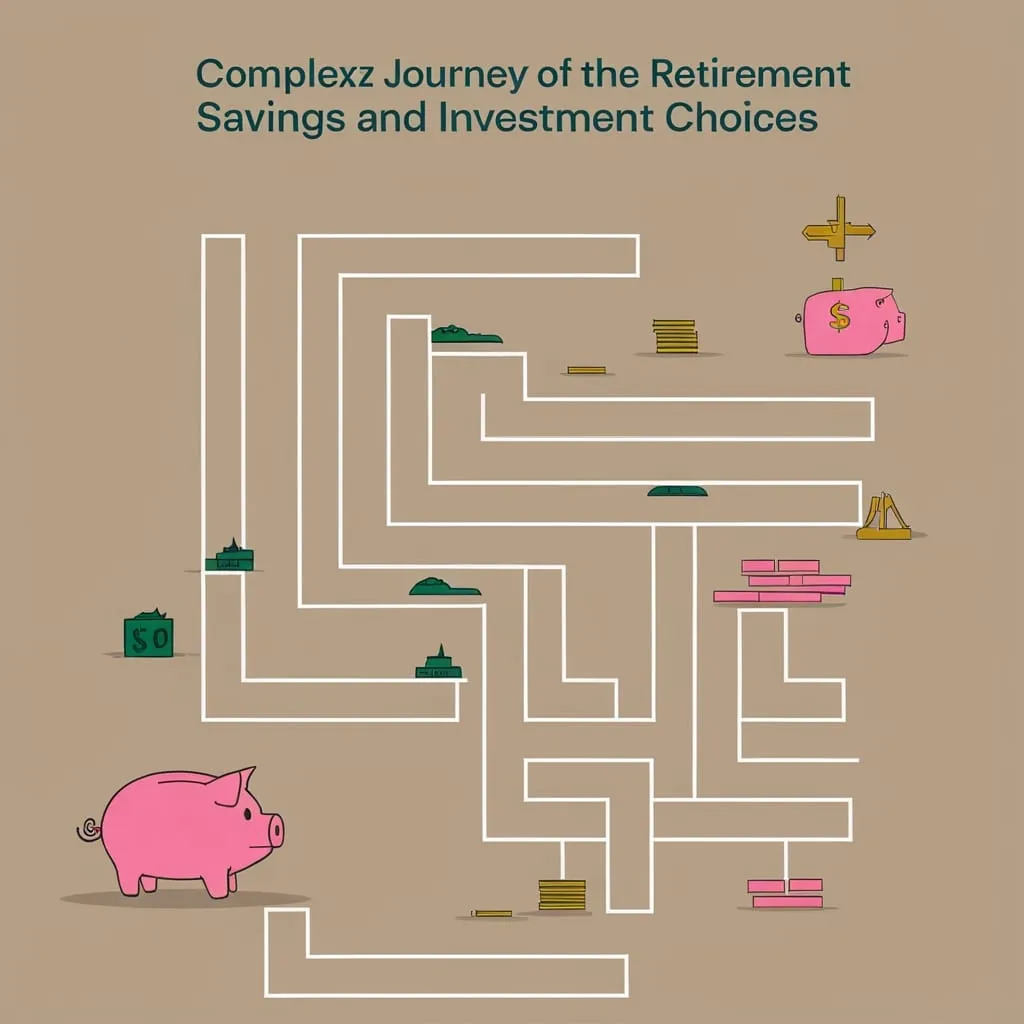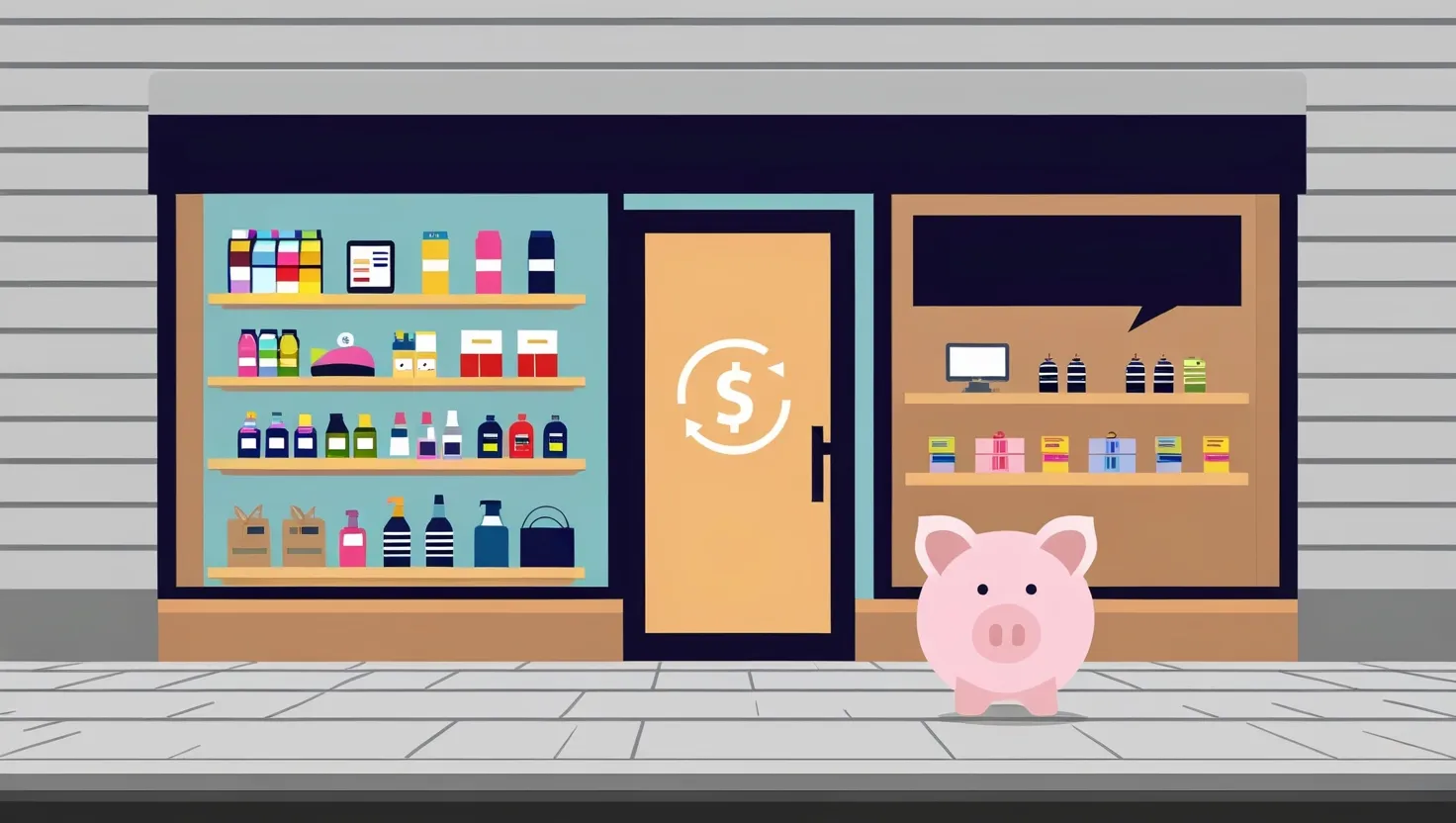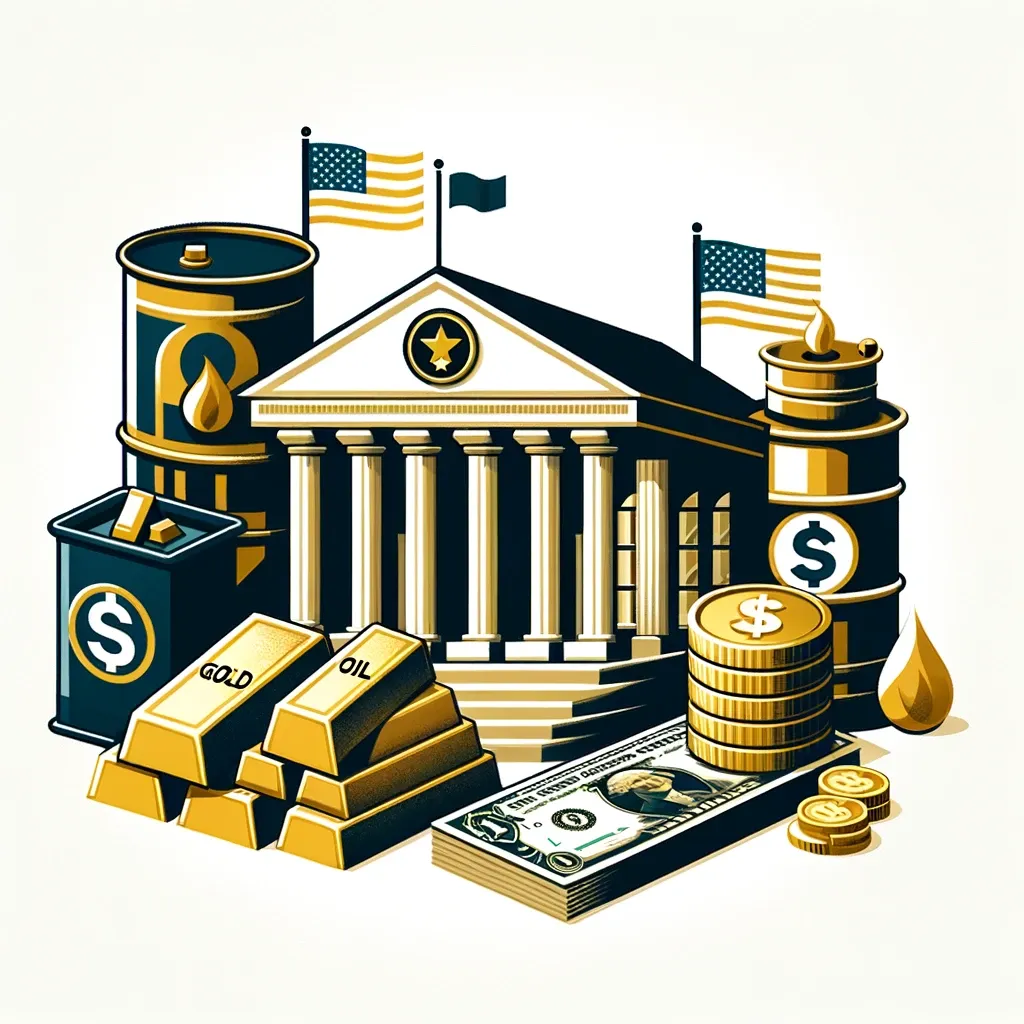Alright, let's dive into the world of 401(k) plans and uncover some hidden dangers that might be lurking in your retirement savings. Buckle up, because this isn't your typical financial advice column!
You know how everyone and their grandma tells you to invest in a 401(k)? Well, it turns out there's more to the story than just "save money, retire happy." Let's peel back the layers and see what's really going on under the hood.
First up, we've got the illusion of control. It's like being handed the keys to a sports car when you've only ever driven a golf cart. Sure, it sounds awesome to pick your own investments, but most of us are about as qualified to do that as we are to perform brain surgery. Studies show that when given a choice, most folks actually prefer a good old-fashioned secure retirement plan. But nope, here we are, thrown into the wild world of stocks, bonds, and mutual funds.
Picture this: You're at a casino, the lights are flashing, and you're feeling lucky. That's kind of what it's like when the stock market's booming and your 401(k) is growing. But remember, what goes up must come down. Just ask the poor souls who retired in 2008 and watched their S&P 500 investments nosedive by 37% in a single year. Ouch!
Now, let's talk about our investing skills, or lack thereof. Most of us aren't exactly Warren Buffet when it comes to managing our 401(k)s. We're more like that guy who buys lottery tickets based on his lucky numbers. We don't diversify properly, we fall for high-fee investments, and we end up worse off than if we'd just stuffed our cash under the mattress. No joke, research shows 401(k) investors often underperform compared to traditional retirement plans or even the "mattress method."
Here's a fun scenario: Imagine a super smart, well-educated worker who religiously follows investment advice from TV personalities. They're constantly tweaking their portfolio, racking up trading costs, and probably giving themselves an ulcer in the process. Meanwhile, their coworker just picked a low-fee index fund and forgot about it. Guess who's likely to come out ahead? Yep, the "set it and forget it" crowd often wins this race.
Now, let's talk fees. Oh boy, the fees. These sneaky little buggers are like termites, quietly eating away at your nest egg. You might think a 1% annual fee is no big deal, but over 30 years? That could cost you tens of thousands of dollars. It's like paying for a luxury car and getting a bicycle instead.
And don't even get me started on the fine print. These fees are often buried in legalese so dense it makes War and Peace look like a comic book. You'd need a law degree and a magnifying glass to figure out what you're really paying.
Here's another fun quirk of 401(k)s: limited control. It's like being given a cookie jar but having to ask permission every time you want a cookie. Need cash for an emergency? Sorry, you'll have to pay a penalty if you want to crack open that 401(k) piggy bank early. It's your money, but you can't touch it without Uncle Sam taking a bite.
Let's say your roof starts leaking or you need emergency surgery. If your 401(k) is where all your savings are parked, you're in for a nasty surprise when you try to access that cash. It's like having a full fridge but being told you can only eat at certain times.
Now, let's chat about taxes. With a 401(k), you're basically making a deal with the IRS. "Hey, I'll pay you later if you let me save this money tax-free now." Sounds great, right? But remember, when retirement rolls around and you start withdrawing that cash, the taxman cometh. And who knows what tax rates will be like in the future? It's like playing financial Russian roulette.
And let's not forget about market risks. Your 401(k) is tied to the stock market, which can be about as stable as a house of cards in a windstorm. If the market tanks right before you retire, you could be in for a world of hurt. It's like planning a beach vacation and arriving just in time for a hurricane.
So, what's a savvy saver to do? Diversification is key. Don't put all your eggs in one basket, or all your money in one type of investment. Mix it up with stocks, bonds, and maybe even some alternative investments. It's like creating a financial smoothie – a little bit of everything makes for a healthier blend.
And speaking of health, your investment strategy should change as you age. When you're young, you can afford to be more aggressive. It's like going skydiving in your 20s versus your 60s. As you get older, you might want to play it safer. No one wants to be eating cat food in retirement because they bet it all on a risky stock pick.
Here's a pro tip: if you find yourself sweating bullets every time the stock market hiccups, it might be time to dial back the risk. Start shifting some of your money into more stable investments. It's like switching from rollercoasters to merry-go-rounds as you get older – less exciting, but also less likely to give you a heart attack.
And don't forget to rebalance your portfolio regularly. It's like giving your car a tune-up. You wouldn't drive for years without changing the oil, so don't let your investments run on autopilot either.
Now, let's talk about something that might keep you up at night – what happens if your company goes belly-up? While your 401(k) is generally safe from creditors, a bankrupt employer can still cause headaches. It's like being on a sinking ship – your lifeboat (401(k)) might be safe, but you're still in for a rough ride.
To protect yourself, stay informed about your company's financial health. If things start looking shaky, you might want to consider spreading your retirement savings across different accounts. It's like not keeping all your money in one bank – just in case.
Here's another curveball for you: consolidating your retirement accounts. It sounds convenient, right? Like having all your socks in one drawer. But hold your horses, because it's not always the best move.
For starters, different custodians offer different perks. By consolidating, you might miss out on some sweet deals. It's like only shopping at one store – sure, it's simple, but you're probably missing out on better prices elsewhere.
Plus, once you consolidate, there's no going back. You might lose access to certain investments or benefits that were unique to your original plan. This is especially true for university employees who might wave goodbye to lower institutional rates and guaranteed accounts. It's like trading in your all-access pass for a general admission ticket.
And here's a real kicker – consolidating could force you to start taking required minimum distributions (RMDs) earlier than you need to. That's like being forced to eat your dessert before you're ready. It might sound nice, but it can lead to a serious sugar crash (or in this case, tax headache) later on.
So, what's the takeaway from all this? 401(k)s aren't the foolproof retirement solution they're often made out to be. They come with risks, hidden costs, and limitations that can trip up even the savviest savers.
But don't panic! Knowledge is power, and now that you're aware of these pitfalls, you can take steps to protect yourself. Diversify your investments, stay informed about your options, and don't be afraid to seek professional advice if you need it.
Remember, retirement planning isn't a one-size-fits-all deal. What works for your neighbor might not work for you. It's about finding the right balance for your unique situation. Maybe that means maxing out your 401(k), or maybe it means exploring other savings options too.
At the end of the day, the goal is to retire comfortably, not to win some imaginary investing competition. So take a deep breath, assess your situation, and make the choices that feel right for you. Your future self will thank you – preferably from a beach somewhere, sipping a fancy drink with a little umbrella in it.






